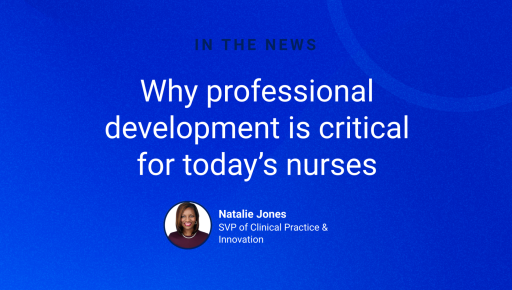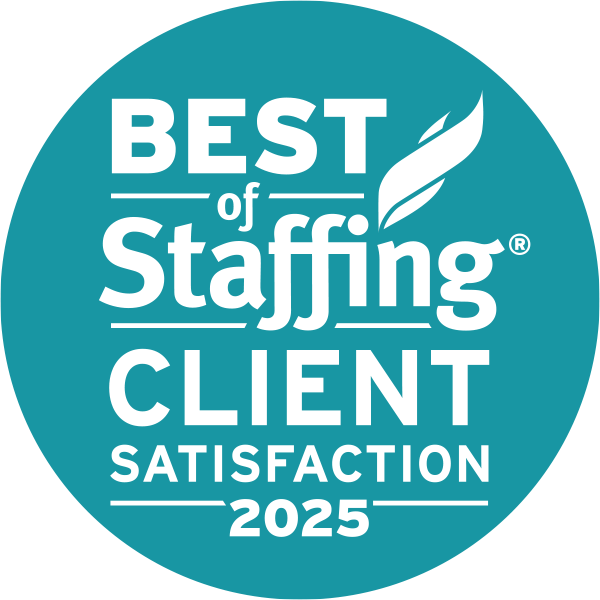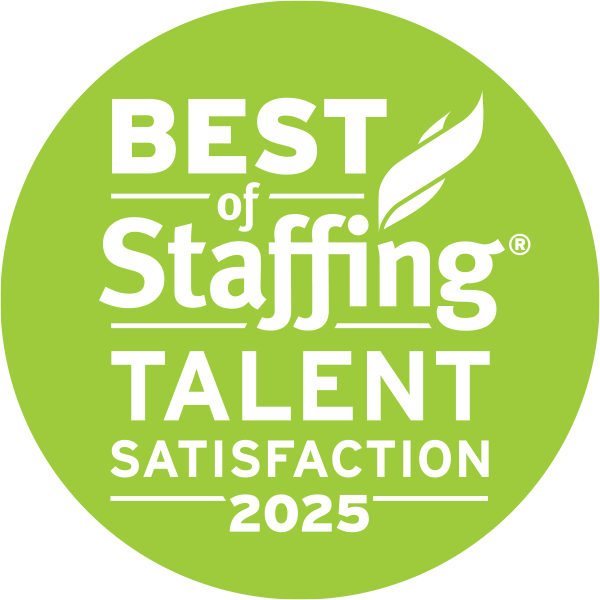If you’re looking for a rewarding career in healthcare, it’s hard to go wrong with an allied profession. Working in allied health allows you to provide a helping hand to those who need extra care. Careers in healthcare are steadily increasing. The Bureau of Labor Statistics expects them to grow by 16% by 2030. Yet, the sector faces challenges.
Knowing what to expect and finding ways to overcome potential problems will help to make your career in allied healthcare easier to navigate so you can enjoy the opportunity to make a positive difference in people’s lives.
Shift work and long hours
Having good time management is vital as an allied health worker. Due to the nature of the role, patients need care at varied hours of the day. While some jobs may have a more regular schedule, healthcare is not a 9–5 job. Professionals often need to work longer shifts, irregular hours, and during the weekends. There might be overnight shifts and 12-hour workdays.
According to a recent WHO study, working more than 55 hours a week directly correlates with serious health conditions like heart disease, causing many in healthcare to reevaluate how much time they spend on the job.
Burnout in allied health professionals
The realities of our healthcare system are driving many more healthcare workers to burnout. Day-to-day stress can cause people to quit the healthcare field altogether. Stress management is an ongoing hurdle for doctors, nurses, and allied healthcare professionals. This could come from feeling understaffed or the daily grind of handling challenging circumstances.
Anyone working in healthcare is at an increased risk for mental health challenges and choosing to leave the healthcare workforce early. They work in distressing environments that strain their physical, emotional, and psychological well-being. This will make it harder for patients to get care when needed.
According to U.S. News, 60 to 75 percent of clinicians report symptoms of depression, exhaustion, and even sleep disorders. It also contributes to reduced job satisfaction, increased absenteeism, medical errors, sickness, injury, and accidents among healthcare providers.
Burnout is a key reason why many allied healthcare professionals choose to work on temporary travel assignments. If you’re a nurse or allied professional looking to make the switch to travel assignments, learn how traveling with Prolink can jump start your career and your sense of adventure.
High turnover rate and workforce shortages
Left unchecked, burnout can have tragic consequences and damaging flow-on effects on the healthcare workforce, compromising the quality and continuity of care provided. Healthcare workers typically face high expectations and may lack work time, skills, or social support to handle them. This highly challenging environment means that healthcare and related fields have some of the highest turnover rates in the country, sitting at 20% in 2019.
Labor shortages in healthcare result in longer shifts for those currently employed in the industry. Despite additional funds being offered for longer shifts, shortages can cause mental strain and additional stress in an already high-pressure work environment. The combined effect of these worrying trends can make the industry more difficult to navigate and even worsen its existing skill gap issues.
Overcome challenges in allied health
The negative effects of stress and burnout at work spill over into every area of life—including home, work, and social life. It's important to deal with challenges right away. Thankfully, they are not insurmountable. There are practical precautions allied health professionals can take to keep from feeling burnout symptoms and cope with the pressures of the medical profession.
Practice self-care
Self-care is not selfish. Health professionals already know this but often need reminding to eat nutritious food, exercise, practice good sleep hygiene, and take time off before burnout. Exercise, for example, can go a long way to helping combat burnout. It's for more than just looking good. Exercise increases your overall health and well-being, putting more pep in your step daily. Working out also has some direct stress-busting benefits, because it increases the production of your brain's feel-good neurotransmitters—endorphins. Just 20-30-minute periods of physical activity can significantly reduce your stress levels while you are at work.
Practice stress reduction techniques
You might find deep breathing exercises, yoga, mindfulness-based stress reduction, massage therapy, or acupuncture to be helpful in stress management. These stress reduction techniques decrease the effects of stress on your mind and body and help you cope with everyday stress. Furthermore, these techniques can help with long-term stress or stress related to various health problems, such as heart disease and chronic pain. Check out five free apps for practicing mindfulness here.
Give yourself compassion
Compassion-focused therapy (CFT) is used to help workers who care for others but neglect their self-care. One easy-to-implement CFT strategy is reversing negative self-talk (i.e., I should have done better) and replacing it with balanced and realistic thoughts (i.e., I did the best I could in a challenging situation).
Build a support network
Connect with friends and colleagues to reduce feelings of isolation. Colleagues, in particular, can help with difficult decisions and situations in the workplace. It also helps to seek an outlet to discuss negative or troubling feelings anytime from a mentor you work with, a trusted friend, or a mental health professional.

Seek professional help
Mental health care isn’t just for those with diagnosable issues. Everyone can benefit from a safe, reassuring space to discuss their struggles and feel heard. Receiving therapy as an allied health professional also helps you better understand your triggers, which not only benefits your personal development but will improve how you react to your patients.
Access professional development opportunities
Training, educational resources, and autonomy can help workers feel more confident, engaged, and motivated, and educational and training programs that provide the tools and resources to identify and manage burnout can help tremendously. Professional development programs that focus on stress management, mindfulness, self-care, and resilience building can be beneficial in preventing burnout and promoting well-being.
Create a positive work culture
Addressing systemic issues within the workplace is crucial in preventing burnout. If your workplace facilitates constructive feedback from team members, use your platform to promote stress-reducing activities like streamlining stressful tasks, practicing healthy habits at work, and creating a positive work culture. If possible, encourage your supervisors and leadership to implement workload management, scheduling policies, and resource access. A healthy work environment can improve job satisfaction, decrease burnout, and improve patient outcomes.
Create and maintain healthy workplace boundaries
With technology, flexible work, and ever-changing workplaces, setting healthy workplace boundaries is more difficult than ever. But boundaries can prevent burnout by helping you set limits on your time and energy, both physical and emotional. Say “no” to taking on too many additional professional responsibilities so that you can prioritize your personal life and mental health. Plus, boundaries can help maintain healthy, professional work relationships. Setting clear boundaries and sticking to them consistently can help ease any difficult or awkward work situations.
Consider a flexible work environment
Some allied health positions, like medical billing or coding, have a traditional 9–5 schedule. Other positions, like clinical positions in a hospital, require staffing around the clock and offer a nontraditional schedule.
Healthcare organizations can provide opportunities for flexible work by allowing staff to work remotely or to take time off for family or mental health needs when possible. This flexibility is especially important for achieving a positive work-life balance, which further reduces healthcare workforce burnout and maintains physical, emotional, and mental well-being.
Take control of your allied health career
Allied health careers are some of the fastest-growing in the healthcare field and come with flexibility, higher-than-average wages, and many options to choose from when deciding when and where to work. Prolink is here to help you through your entire job search and provide ongoing support every step of the way. Prolink can help find local and travel allied health positions nationwide, so with our help, you can find the ideal position to fit your needs and lifestyle. Click below to start your job search today.









